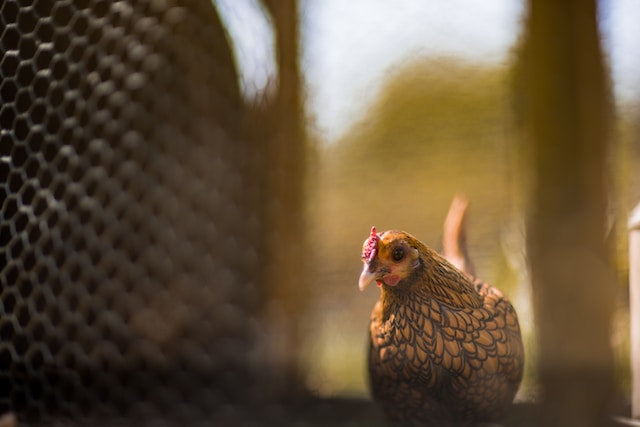Introduction: The fascinating process of hen’s egg production is a vital aspect of poultry farming. Understanding the physiological mechanisms behind this intricate cycle can empower poultry farmers with the knowledge to optimize egg production and ensure the overall well-being of their flock. In this comprehensive guide, we delve into the physiology of hen’s egg production, shedding light on the various stages and factors that influence this remarkable process.
- The Reproductive System: A hen’s reproductive system consists of the ovary, oviduct, and cloaca. The ovary contains thousands of immature ova, or yolks, which have the potential to develop into eggs. During the ovulation process, a mature yolk is released from the ovary into the oviduct.
- Formation of the Egg: Once the yolk enters the oviduct, it begins its transformation into a fully developed egg. The first stage of egg formation occurs in the magnum region of the oviduct, where the albumen, or egg white, is added around the yolk. Next, the egg moves to the isthmus, where the two shell membranes are formed and envelop the developing structure.
- Shell Formation: The shell, a protective layer of calcium carbonate, is added in the shell gland or uterus region of the oviduct. It takes approximately 20 hours for the shell to form fully. The shell is porous, allowing for gas exchange while providing protection against external contaminants.
- Egg Laying: Once the egg is fully formed, it travels through the vagina and cloaca, and finally, it is laid by the hen. The entire process, from ovulation to egg laying, usually takes around 24 to 26 hours. After laying an egg, the reproductive cycle starts anew, and the process repeats.
- Influential Factors: Several factors influence the physiology of egg production. One crucial factor is the presence of light. The exposure to a certain duration of light stimulates the hen’s reproductive system, leading to the release of mature yolks. Artificial lighting programs are commonly used in commercial operations to maintain consistent egg production year-round.
- Hormonal Regulation: Hormones play a significant role in regulating egg production. The pituitary gland releases follicle-stimulating hormone (FSH), which stimulates the growth of ovarian follicles and the development of yolks. Additionally, luteinizing hormone (LH) triggers ovulation, allowing the yolk to be released from the ovary.
- Nutrition and Egg Quality: A hen’s diet directly impacts the quality of eggs produced. Proper nutrition, including a balanced diet rich in proteins, vitamins, and minerals, is crucial for the development of healthy yolks and strong eggshells. Nutritional deficiencies can lead to decreased egg production and lower egg quality.
- Age and Seasonal Variations: Egg production is influenced by the age of the hen and seasonal changes. Young hens typically have a higher peak in egg production, while older hens may experience a decline. Furthermore, egg production tends to be affected by seasonal variations, with shorter daylight hours in winter potentially causing a decrease in production.
Conclusion: Understanding the physiology of hen’s egg production is essential for poultry farmers aiming to optimize their flock’s productivity and welfare. By comprehending the intricate process of egg formation, the factors influencing it, and the role of nutrition and hormonal regulation, farmers can make informed decisions to support and maximize their hen’s egg-laying capabilities. As an industry built on this remarkable process, continuous research and advancements in poultry science will further enhance our understanding and contribute to the success of poultry farming worldwide.












